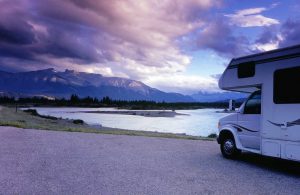
Safe driving is important whatsoever occasions, however when towing a caravan your driving conditions change. Take a moment before you decide to visit re-get aquainted with road rules of safety.
AUSTRALIAN ROAD RULES
Road rules are consistent right across Australia, however, many rules vary to match local conditions. For instance, within the Northern Territory there are plenty of out back roads which have no posted speed limit. In Melbourne, vehicles must perform a “hook turn” by pulling left and never queuing across tram tracks when turning right. This permits trams to carry on on easily and never be stuck behind vehicles wanting to turn right. You’re also not permitted to overtake trams around the right and should stop behind a trams when it’s stationary should there be no “passenger isles. For additional info on road rules, and also the variations between States and Territories, contact the nation’s Road Transport Commission
CONCENTRATION
For continual safe driving by observing the following advice will help keep the concentrate on the road, staying away from the greatest single reason for all road accidents:
Put on lightweight, non-restrictive clothing
Put on top quality anti-glare shades.
Drive with on the job the wheel constantly.
Spend time at an appropriate distance in the wheel.
Make all seat, belt and rear-view mirror adjustments prior to taking off.
Do not let conversations to draw attention away from you – resolve issues prone to prove contentious prior to taking off, or pull over if something pops up that can’t wait.
Don’t use a cell phone while driving.
FATIGUE
Fatigue is really a killer. Driving while tired is really a major contributor in as much as 25 percent of significant road accidents. Research has proven that very tired motorists are badly as drink motorists. To keep safe driving and steer clear of driving fatigue, observe the following advice:
Have a 10-15 minute break every two hrs along with a longer break every four hrs.
Limit driving to no more than 10 hrs each day.
Get lots of sleep before you decide to travel.
Don’t drive whenever you would normally sleep, for example very early each morning or late into the evening.
Have nutritious snacks every few hrs, instead of big meals at longer times.
Share the driving if at all possible. With another driver the space you have to drive is halved.
Look out for fatigue signs and symptoms for example daydreaming, sleepiness, sore eyes, monotony, trouble sleeping and pains and aches. Self-awareness is vital to remaining safe.




